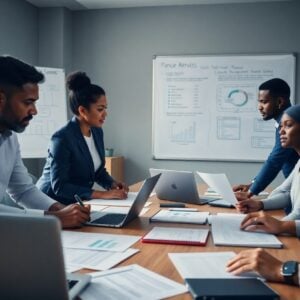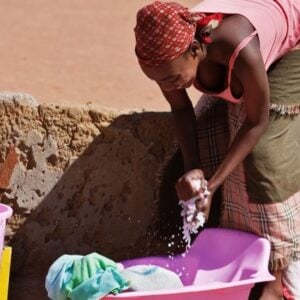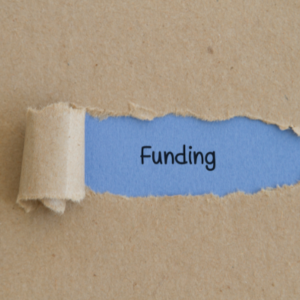The African Development Bank successfully concluded a two-day virtual workshop focused on launching a regional initiative aimed at helping Africa’s least developed countries (LDCs) manage hazardous chemicals and waste more effectively. Supported by the Global Environment Facility (GEF), the initiative—known as AFLDC-2—was approved by the Bank’s Board of Directors in December 2024. It seeks to strengthen national and regional capacities to eliminate, reduce, and control sources of persistent organic pollutants (POPs) and mercury, while advancing circular economy practices across the continent.
Held on September 29–30, the workshop marked the official start of AFLDC-2’s implementation phase, which will cover 11 participating countries: Angola, Ethiopia, Gambia, Guinea, Liberia, Mauritania, Senegal, Sierra Leone, Togo, Uganda, and Zambia. The event brought together government officials, environmental specialists, civil society members, and private sector representatives from across Africa to discuss strategies for effective execution.
In his opening address, Solomane Koné, Director of the African Natural Resources Management and Investment Centre at the Bank, emphasized that the project aligns closely with the institution’s wider development goals. These include mobilizing investments, formalizing the informal sector, enhancing climate resilience, and improving natural resource management. He highlighted that the initiative would also provide critical insights into how African nations can systematically protect their natural resources from the growing threat of chemical and waste pollution.
AFLDC-2 builds upon the achievements of a previous phase and contributes to Africa’s commitments under international environmental conventions such as the Basel, Stockholm, and Minamata agreements, which address hazardous waste and chemicals management. Gareth Phillips, the Bank’s Division Manager for Environment and Climate, underlined the importance of the project, noting that many African LDCs struggle with weak regulatory frameworks, poor waste management infrastructure, and limited enforcement capacity—factors that lead to the accumulation of hazardous substances like pesticides, polychlorinated biphenyls (PCBs), and pollutants from open waste burning.
Participants concluded the workshop by agreeing on the next steps for implementation, which include finalizing disbursement procedures, establishing both national and regional steering committees, and preparing for an in-person project launch. The AFLDC-2 initiative marks a significant step toward protecting Africa’s environment, promoting safer waste management, and building resilience against toxic pollution.







